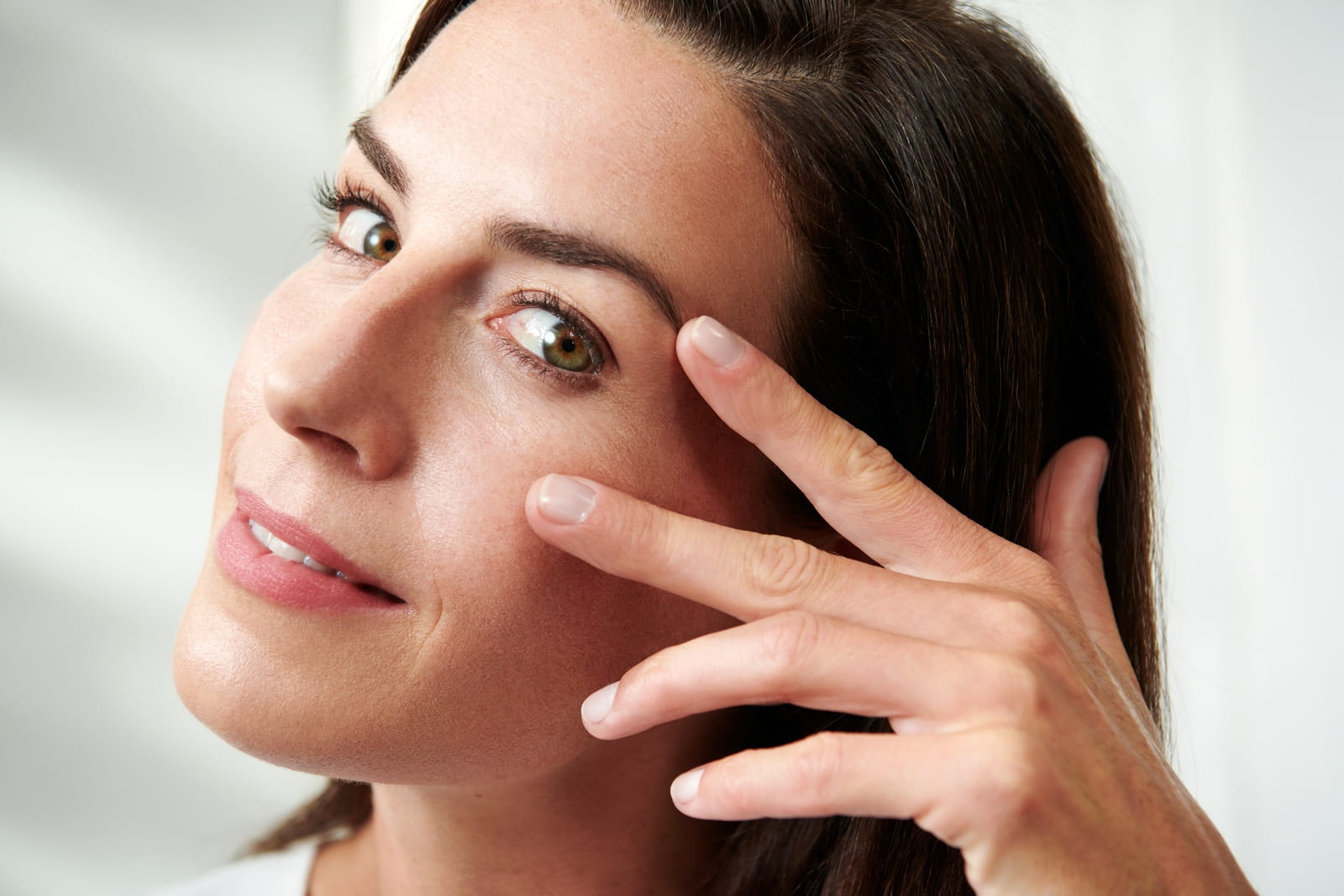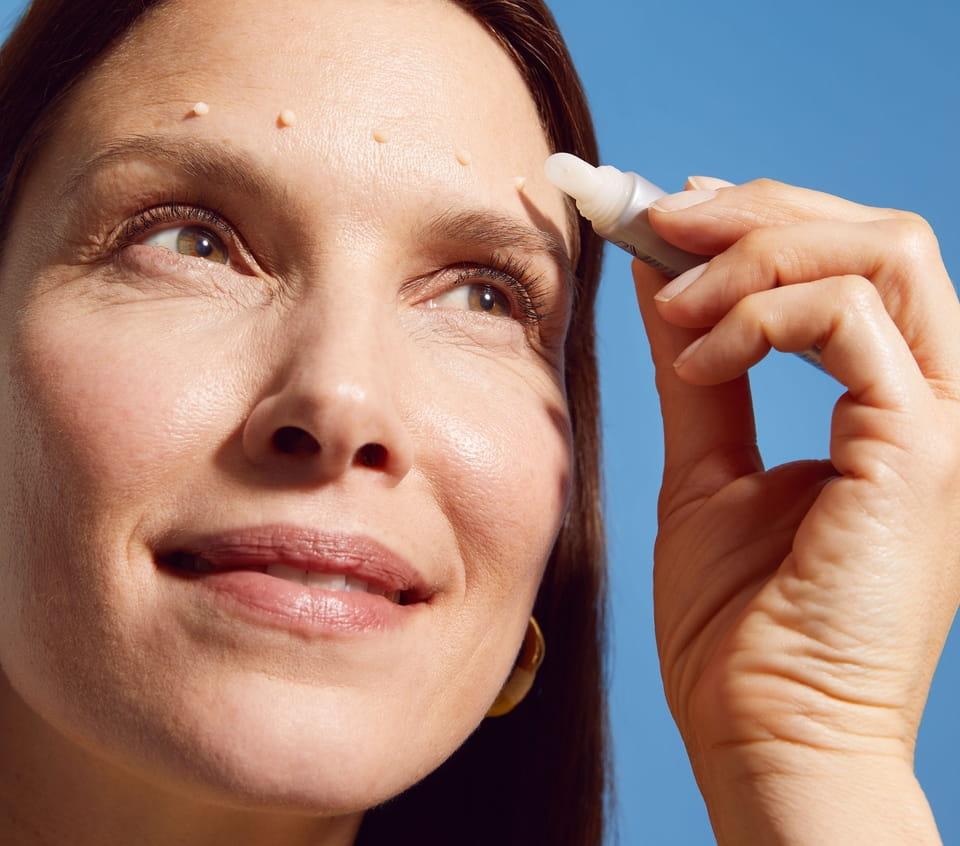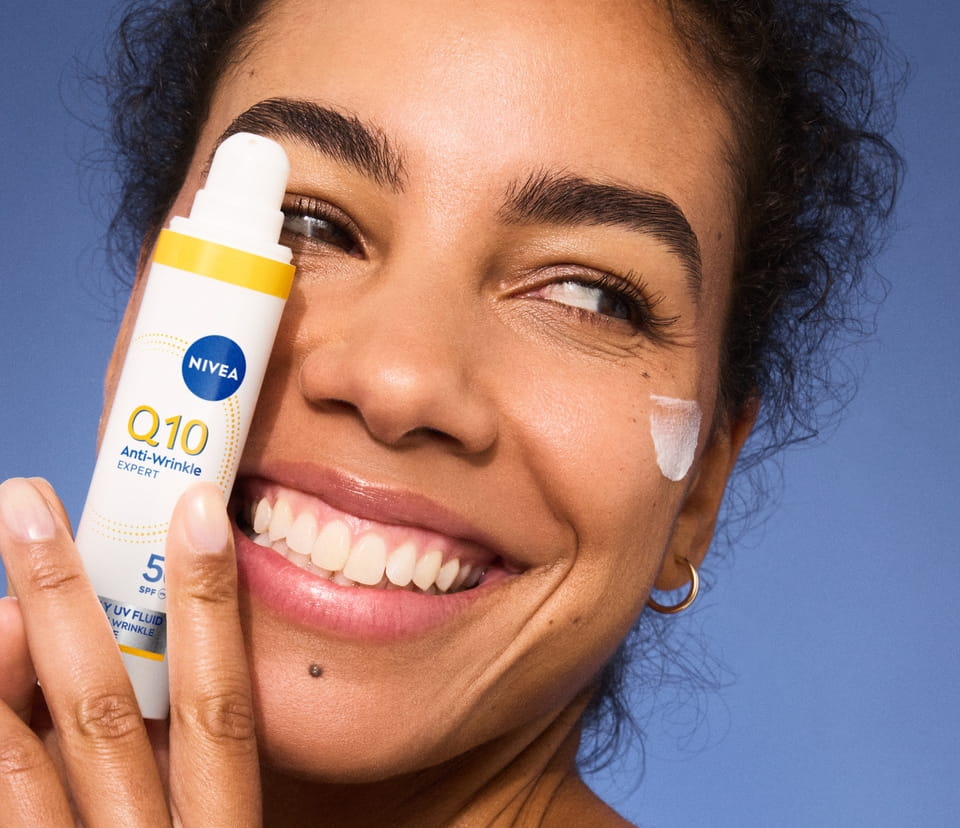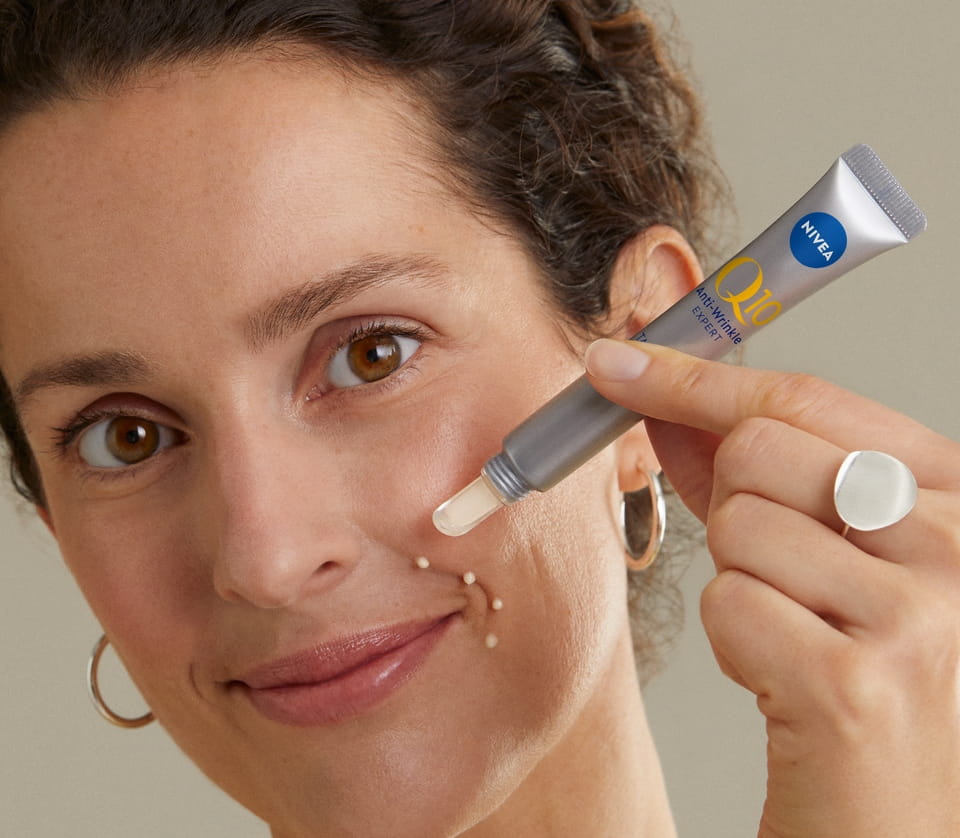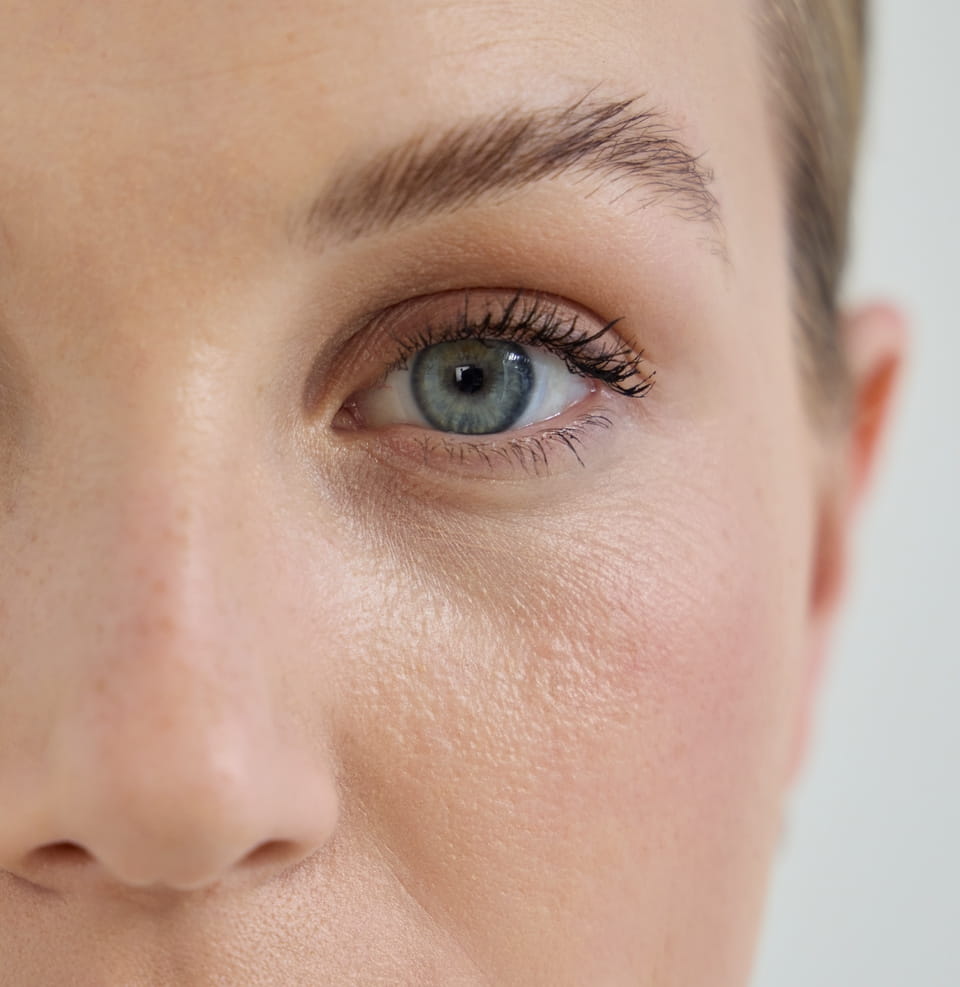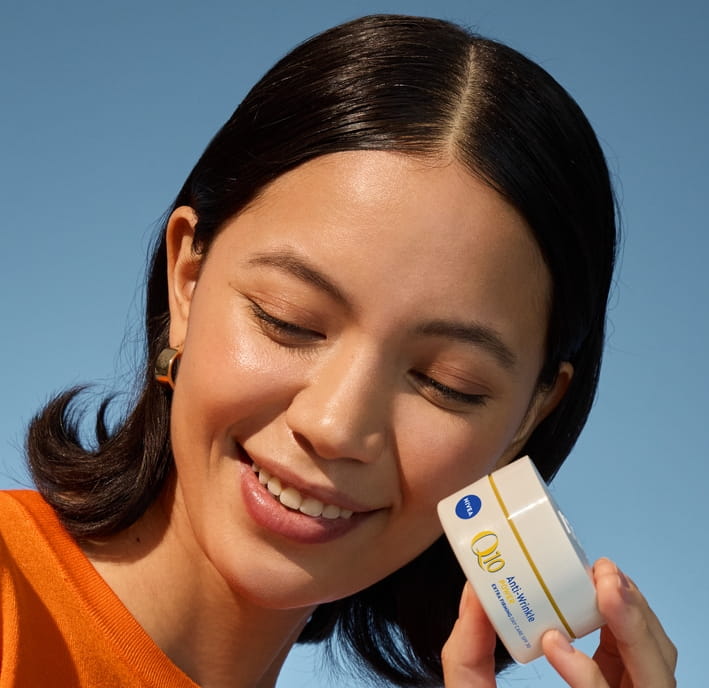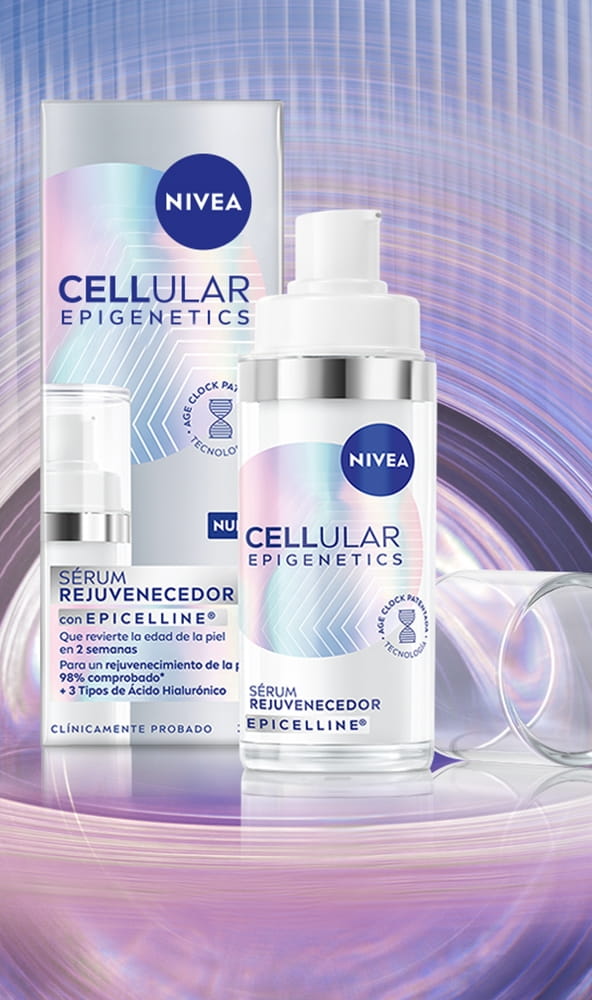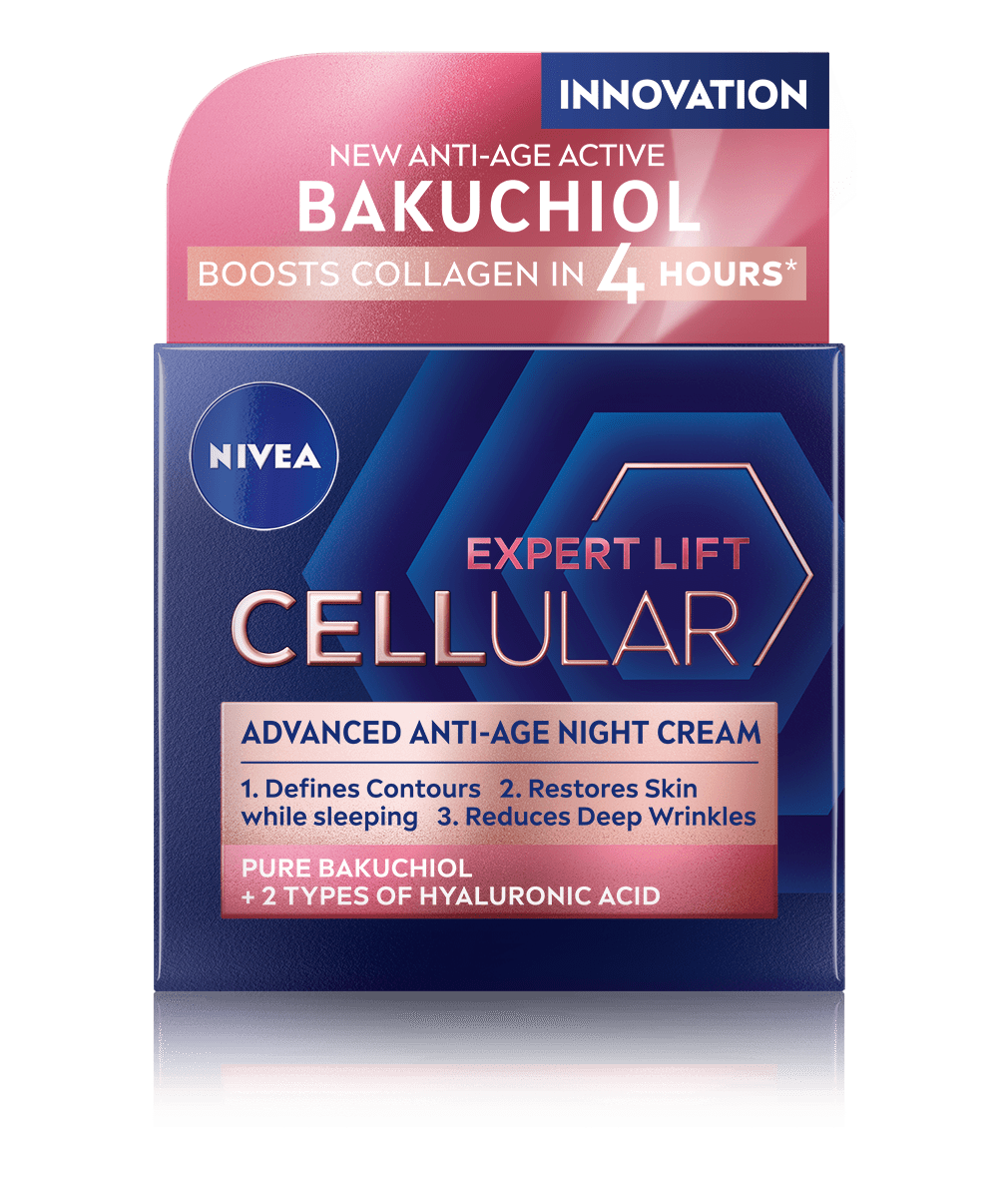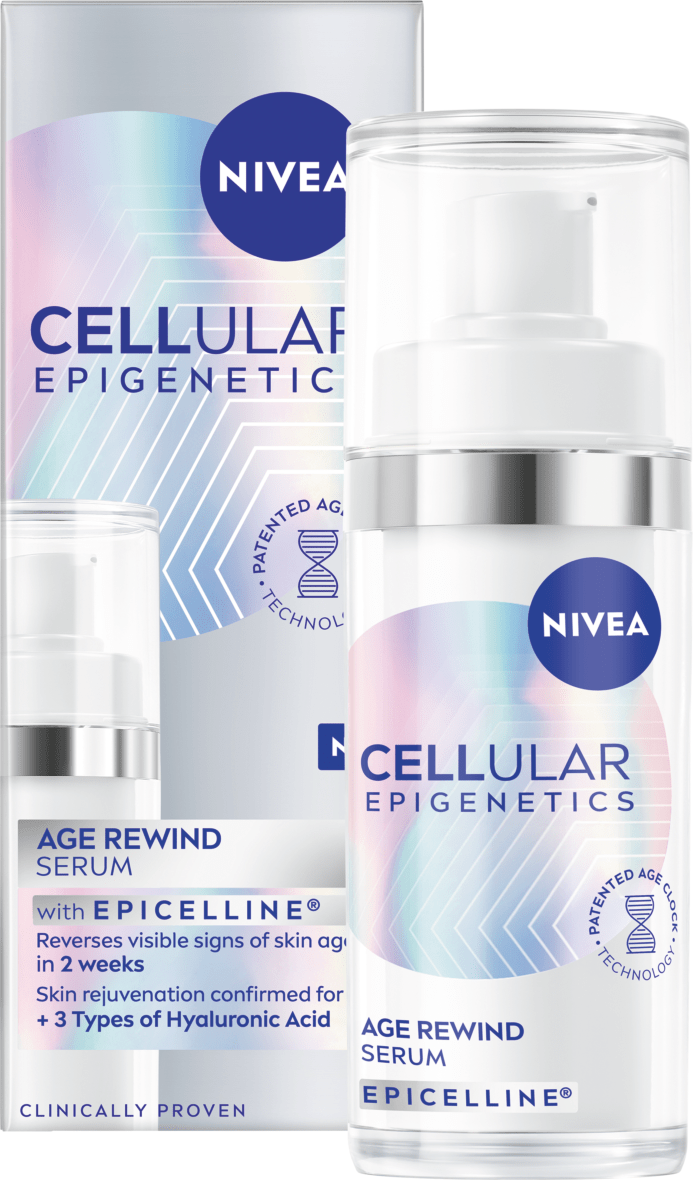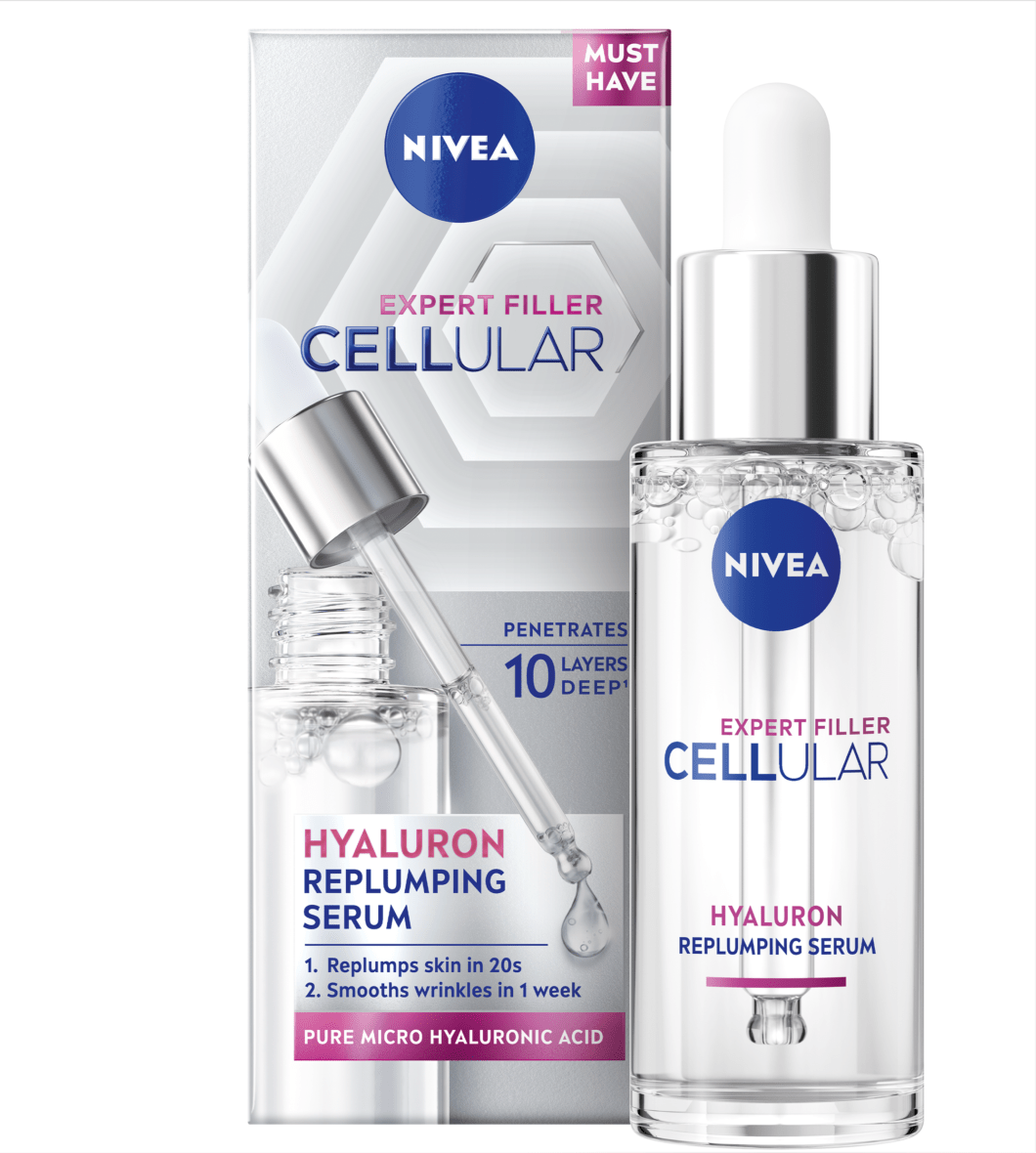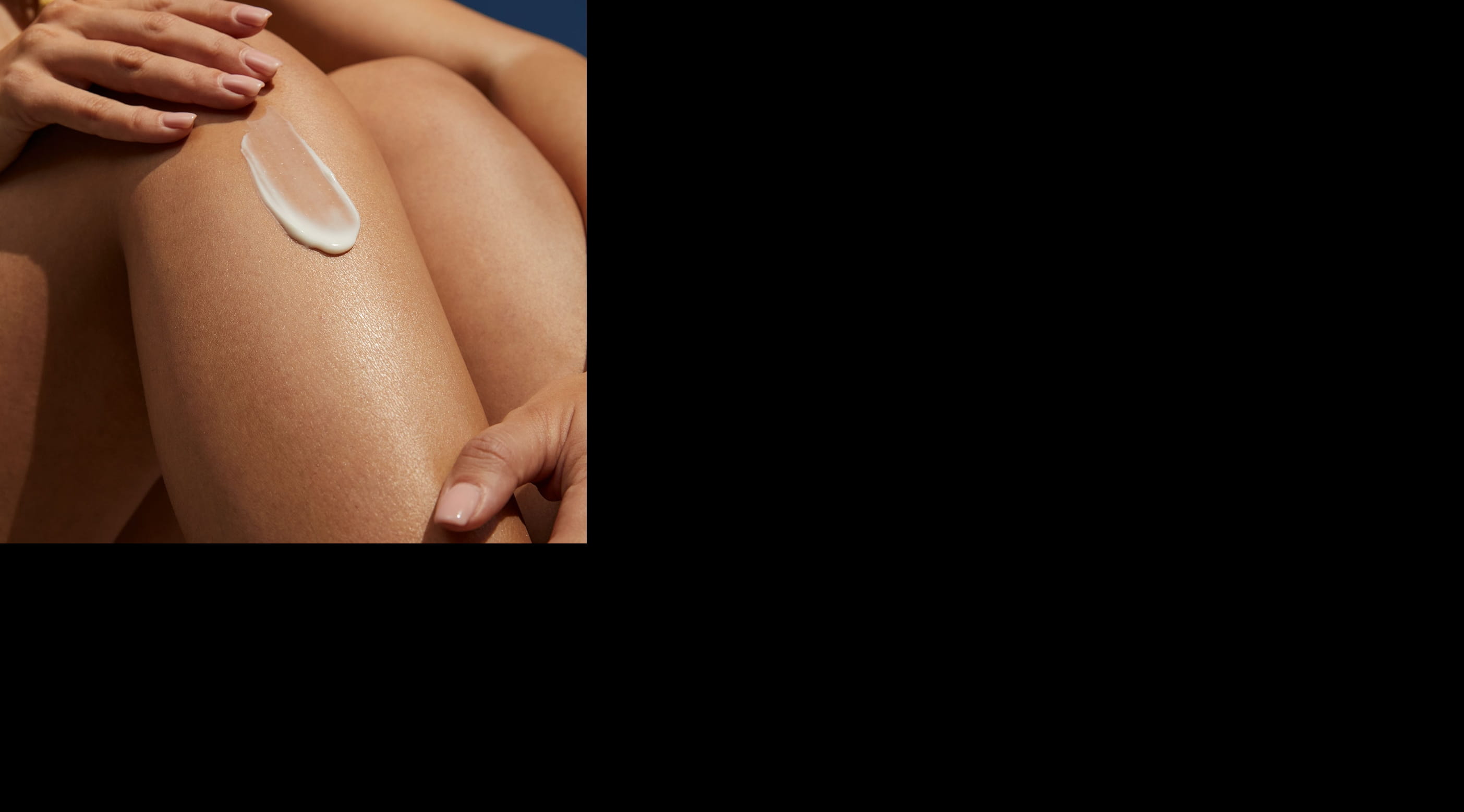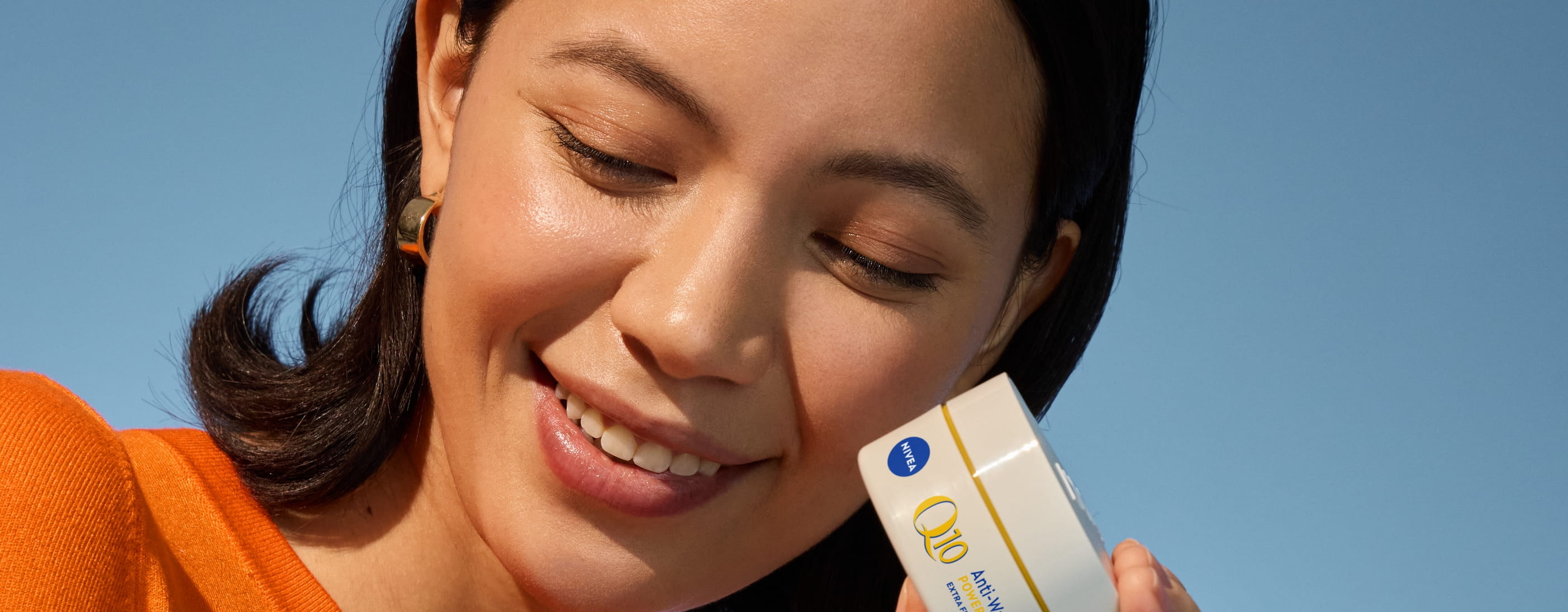
8 Key Tips to Help Prevent Signs of Ageing
Discover how skin ages and effective skincare and lifestyle habits to help slow, or even reverse the signs of ageing, for a more youthful appearance.
Understanding Skin Ageing
What Causes Skin Ageing?
Intrinsic (Internal) Factors
Decreased Collagen and Elastin Production
As we age, the skin’s ability to produce Collagen and Elastin—the proteins that maintain skin’s firmness and elasticity—slows down. This leads to the formation of fine lines and wrinkles, as the skin loses its firmness and suppleness.
Slower Cellular Turnover
The process by which the skin sheds old cells and generates new ones becomes slower with age. This reduction in cellular turnover can result in a buildup of dead skin cells, contributing to a dull complexion and uneven texture.
Hormonal Changes
Particularly during menopause, declining oestrogen levels can lead to dryness and reduced skin elasticity. This makes the skin more prone to fine lines, wrinkles, and sagging, as the skin’s ability to retain moisture and produce collagen decreases.
Genetics
Inherited factors can significantly influence how our skin ages, determining the rate and extent of skin ageing.
Extrinsic (External) Factors
Sun Exposure (Photoaging)
One of the most significant external factors is overexposure to UV radiation. UV rays, particularly UVA, penetrate deep into the skin, causing DNA damage, collagen breakdown, and the formation of wrinkles. UVB rays affect the outermost skin layers, leading to sunburns and age spots.
Pollution
Environmental pollutants generate free radicals, which lead to oxidative stress. This stress damages skin cells and accelerates the skin ageing process, contributing to signs such as wrinkles, dark spots, and loss of radiance.
Smoking
Smoking introduces toxins into the skin, reducing blood flow and oxygen supply. This impairs the skin’s ability to regenerate and leads to premature signs of ageing, including sagging and wrinkles.
Poor Nutrition
A diet lacking in essential nutrients can negatively affect skin health. Excessive sugar consumption, for example, can lead to the formation of advanced glycation end-products (AGEs), which damage collagen and elastin, accelerating the ageing process.
Lack of Sleep
Inadequate sleep hampers the skin’s repair processes. Poor sleep can lead to increased signs of ageing, such as dark circles under the eyes, a dull complexion, and a reduction in skin elasticity.
Blue Light Exposure
Prolonged exposure to blue light emitted by digital devices can also contribute to oxidative stress in the skin, potentially accelerating the signs of ageing over time.
Stress
Psychological stress increases cortisol levels in the body, which can lead to oxidative stress at the cellular level. This imbalance accelerates the breakdown of collagen and elastin, causing premature skin ageing.
5 Common Signs of Skin Ageing
Facts Overview
8 Tips to Slow Signs of Ageing
Sun Protection
Daily use of a broad-spectrum SPF protects the skin from harmful UV rays, one of the main external factors contributing to premature ageing. UV exposure leads to collagen breakdown, which can result in fine lines, pigmentation, and reduced skin firmness over time.
Hydration
Moisturising regularly helps maintain the skin's barrier, preventing dryness and irritation. Hydrated skin also appears plumper, smoother, and more radiant, reducing the visibility of fine lines.
Antioxidants
Antioxidants like Vitamin C, Vitamin E, and Bakuchiol help protect the skin from daily damage by neutralising free radicals caused by UV exposure and pollution. By preventing oxidative stress, they slow down signs of ageing, such as fine lines and loss of firmness, while supporting a brighter, more even complexion.
Balanced Diet
A diet rich in antioxidants, vitamins, and healthy fats supports skin regeneration. Include foods like berries, leafy greens, and omega-3-rich fish to nourish your skin from within.
Physical Exercise
Regular physical activity boosts circulation, delivering essential nutrients and oxygen to the skin. This promotes a youthful complexion and supports overall skin vitality.
Stress Management
Relaxation techniques such as meditation or yoga can help manage chronic stress, which triggers inflammation and accelerates the formation of fine lines and wrinkles.
Quality Sleep
Prioritise 7-9 hours of restful sleep each night. During this time, the body produces Collagen and restores moisture, helping maintain a healthy, glowing complexion.
Avoid Smoking & Excessive Alcohol
Smoking and excessive alcohol consumption dehydrate the skin, impair collagen production, and contribute to premature ageing. These habits lead to sagging, dullness, and deepening wrinkles.
